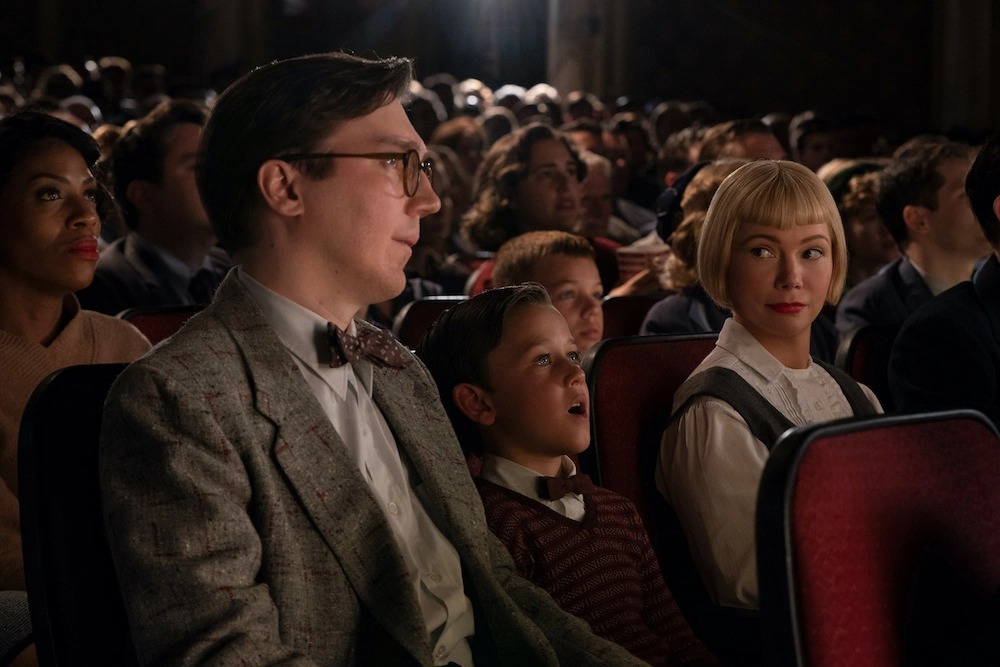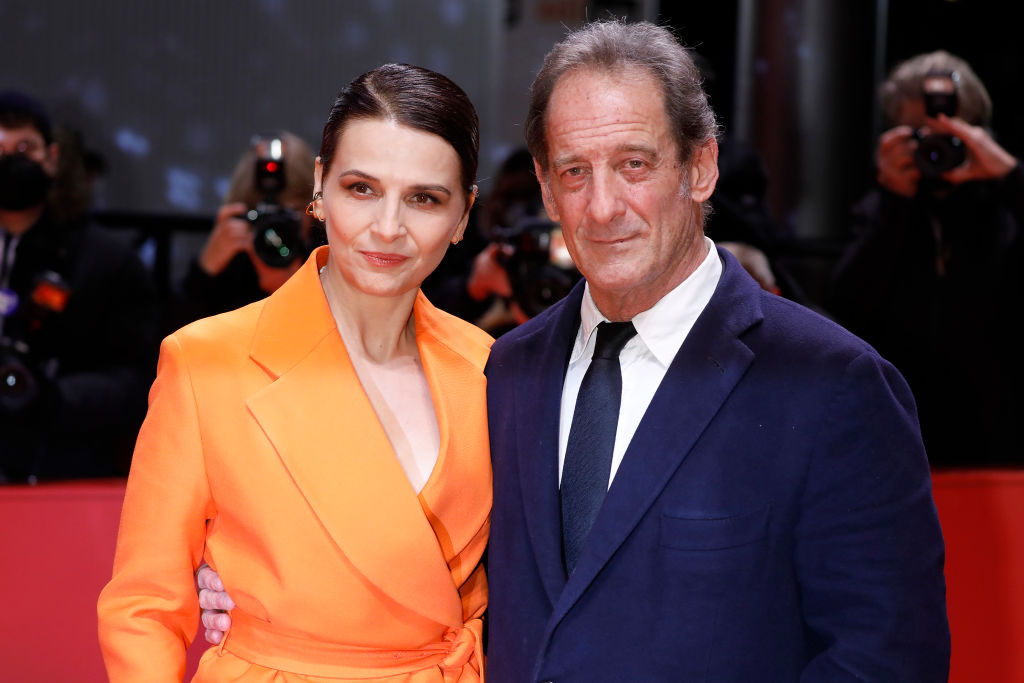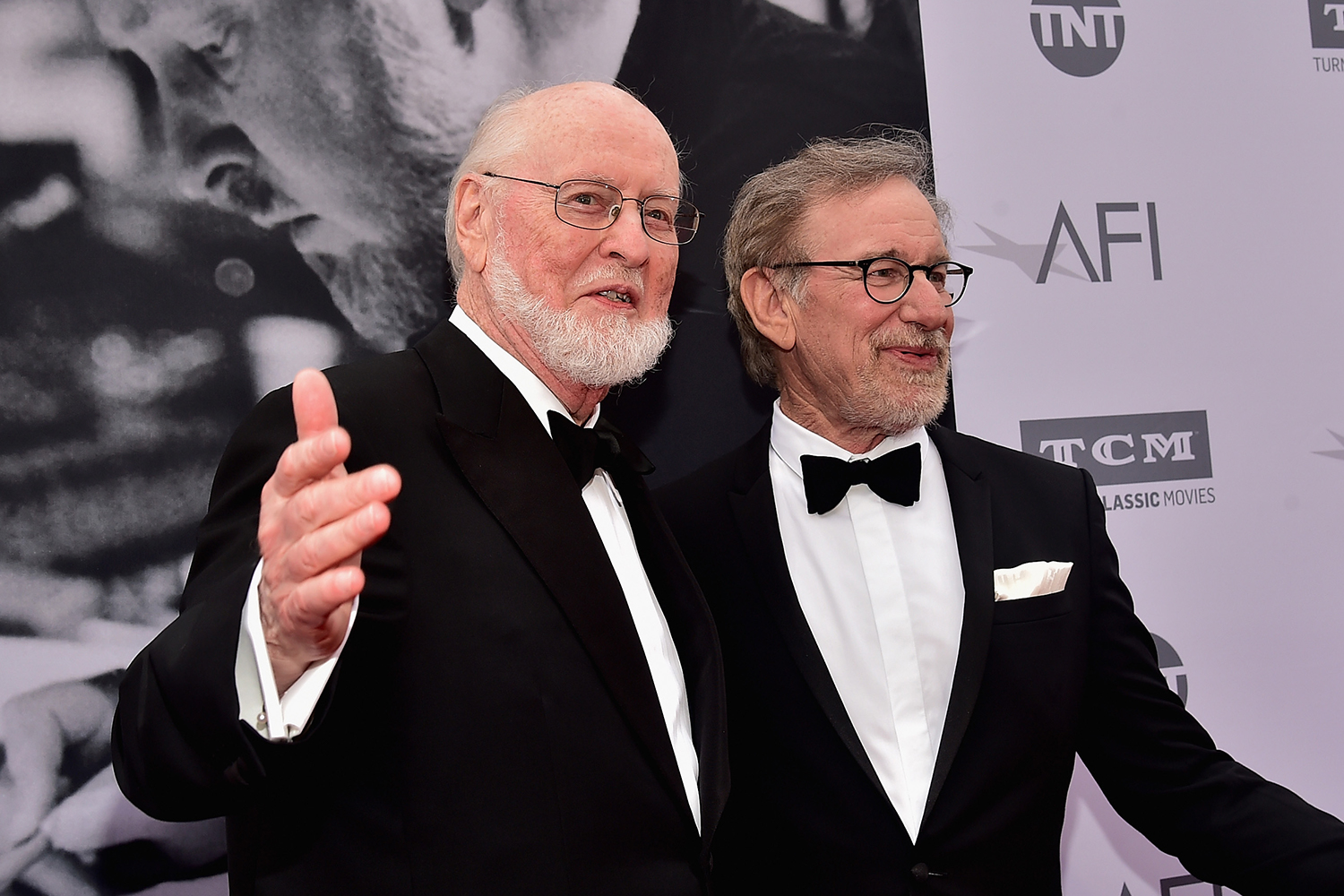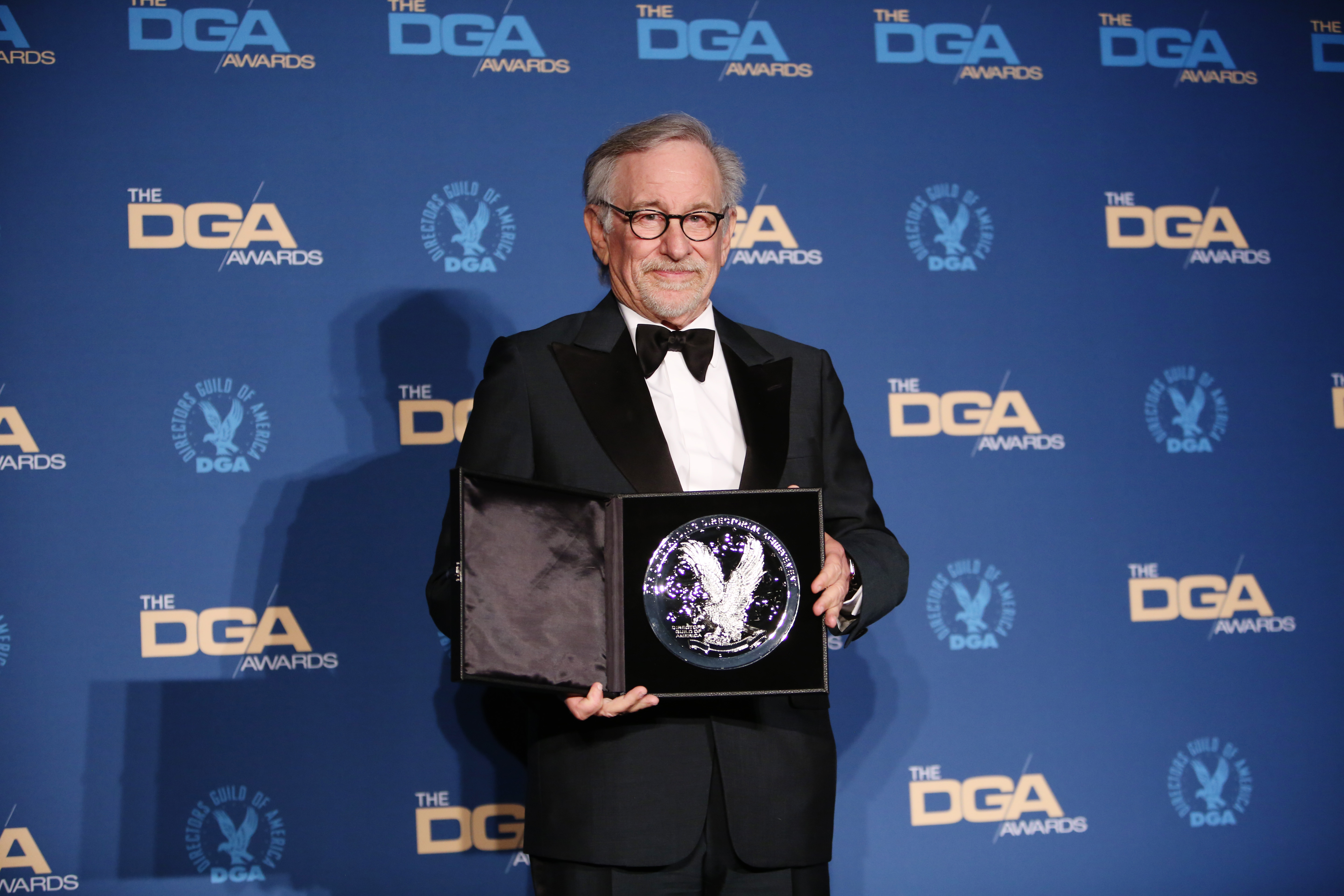You’re making a movie. Do you want to whisk your viewer somewhere far away and show them something they could never see, or do you want to provide them with newfound clarity and perspective on the world around them? Of course, the pantheon directors have proven one thousandfold how reconcilable these two imperatives really are, but detractors of Steven Spielberg like to talk about his work as if they’re mutually exclusive. He was the escapism guy, playing in the sandbox of nostalgia with the amusement-park thrills of Jaws and the wide-eyed innocence of E.T., until he came of age with The Color Purple and ripened into a Mature Artist capable of handling Mature Themes. This facile reading of his filmography short-changes the ageless transcendence of Close Encounters of the Third Kind and elides recent trivial pursuits like The BFG and Ready Player One. All the same, in his latest film The Fabelmans — the Rosetta Stone that gently, generously teaches us how to read not only a corpus essential to the whole of the American cinema, but also the withdrawn man making them — Spielberg finds this dichotomy a useful tool toward self-knowledge.
Among the most rapturously beautiful, epically mounted therapy sessions ever rendered for the camera, this surprisingly candid memoir piece pits the master’s left brain against his right. His instinct to lose himself in the process of his craft, delighting in jerry-rigged practical effects and face time with actors and the satisfaction of problem-solving, clashes against pressures from within and without to create something meaningful on a deeper level. What might initially seem like another entry in the recent spate of auteurs making Cinema Paradiso-styled strolls down their movie-mad memory lane turns out to be something far more melancholy, less a love letter to Hollywood than a confession about how repressed men use art to channel, deny and exorcise their pain. Coming from Spielberg, who has studiously avoided centering himself in his work while nonetheless revealing his preoccupations in his patterns over time, this frank directness is disarming even from under the golden wash of memory.
This push-pull between clinical technical fiddling and open-hearted sentimentality takes shape in the contrast between the parents of fledgling cineaste Sam Fabelman, Spielberg’s onscreen avatar. His mother Mitzi (Michelle Williams), a pianist chafing under the constricting role of housewife, climbs into the occasional bout of mania that sees her purchase a pet monkey or drive her children in the direction of a tornado. His father Burt (Paul Dano), a computer engineer rising through the ranks of what he correctly predicts will be the growth industry of the century, reacts to everything with the same tranquil look and sedate tone of voice. The opening scene comes right out and puts their yin-yang dynamic into cinematic terms; before an outing to see The Greatest Show on Earth that will prove a road-to-Damascus experience for little Sammy, Dad explains how showing 24 still frames per second simulates motion to the eye, while Mom counters that movies are dreams you enter while awake. As Terrence Malick would put it: image and feeling, form and content, concreteness and abstraction, perfection and idiosyncrasy, always you wrestle inside me.
It’s love at first sight when Sammy gets an eyeful of an onscreen train crash that fateful night, determined to tame the moving pictures spooking him in his nightmares by bending them to his will. He makes his directorial debut with a Super 8 short recreating the primal scene, an artistic big bang ignited by a childish fixation on primal kinetic energy that the greats never really outgrow. With each subsequent addition to his oeuvre, he expands his skill set and understanding of the medium he’d call home just as his family’s increasingly large houses were starting to feel a little less like one.
Evolving past the sheer delight of motion, Sammy experiments with narrative, enlisting his sisters and buddies for a silent Western called “Gunsmog” (a title actually used by a pint-sized Spielberg) he screens for his Boy Scout troop with a musical accompaniment on his record player. The genre maniac then turns his sights to the war epic, which ups the scale (from above, Spielberg shows us how dozens of extras playing dead in a dolly shot hastily get up and re-situate themselves in the same take to double their number) and indulges his fascination for effects work (Sammy figures out how to punch holes in a filmstrip to simulate gunfire blasts, to his mechanical-minded father’s delight). He converts his bedroom into an editing suite and his closet into a screening room, though the hazards of a boy spending hours alone surrounded by machines and material will soon catch up with him.
Though Sammy thinks of his filmmaking as his own passion explored for his own pleasure, he must soon answer for how his work does or does not affect his audience, and accept that his tinkering has real emotional ramifications for other people. There’s a certain solipsism in his immature idea that he needs no connection to the real world around him, content to play around in his insulated, isolated toybox, though Spielberg also reveals the psychological founding that motivates him to shut out anything chancing uncomfortable truth. Sammy’s dad commissions his son’s first personal project, asking him to cut together a reel of footage from a halcyon camping trip the family takes with “Uncle” Bennie (Seth Rogen), Burt’s best friend and professional partner. In reviewing what he shot, Sammy learns that the camera sometimes sees more than you show it; in the corner of one frame, he catches a warmth and intimacy in a fleeting moment between his mother and Bennie, a scandalizing fly of infidelity in the ointment of togetherness. He clips the offending segment out and hides it away, both in the drawer of his bedside table and the back of his mind.
But art isn’t made in a vacuum, no matter how badly Sammy may want it to be. He bitterly swears off his Hollywood dreams in the jaded fallout from his realization, and only takes up his camera to shoot his high school’s beach day. If they want fluff, he’ll give them fluff, splicing together the afternoon’s antics like a teenybopper B-movie. Using eyeline match cuts (this whole thing is like a college-level intro course jammed into feature length), he poses his flaxen-haired bully and the girlfriend he treats like dirt as the lovey-dovey Frankie and Annette of this beach-blanket bonanza. After the prom night screening, the kid confronts Sammy and spills out his self-loathing, resentful that he’s been misrepresented with this sanitized treatment. Nobody wants to feel deceived for the sake of entertainment value, Sammy learns, the recourse being his much-feared fusion of vulnerability to excellence. As his visiting uncle Boris (Judd Hirsch, a wonder of the ancient world) teaches him, you can’t attain brilliance without risking pain, a principle part and parcel to his character’s couching in Judaism. Sammy’s faith becomes the first thing he’s willing to put himself out there for, pushing back against anti-Semitic a-holes at school who betray the politically conscious touch of co-screenwriter Tony Kushner.
The film ends with a rosy-cheeked Sam on the lot in Hollywood, the promised land, though he hasn’t yet got a job. What he does get is an audience with the greatest director to have ever lived, played by another legend whose simple presence draws a line from stolid classicism to chaotic modernism. This oracle drops the pearl of wisdom that when shooting a horizon, it’s interesting to set it up in the top or bottom of a shot, but that the middle is “boring as shit.” The visual pun that follows, too good to specify here, provides a tidy example of life reiterating itself as creative output. Spielberg makes the rather poignant suggestion that his most significant bits of self can be invested in something as subtle as a tilt of the camera, that he’s everywhere in his films even when we can’t see him. A filmmaker cannot help but imbue their work with elements of the self, the only question being whether they can bear to recognize their own reflection.
This article appeared in an InsideHook newsletter. Sign up for free to get more on travel, wellness, style, drinking, and culture.























